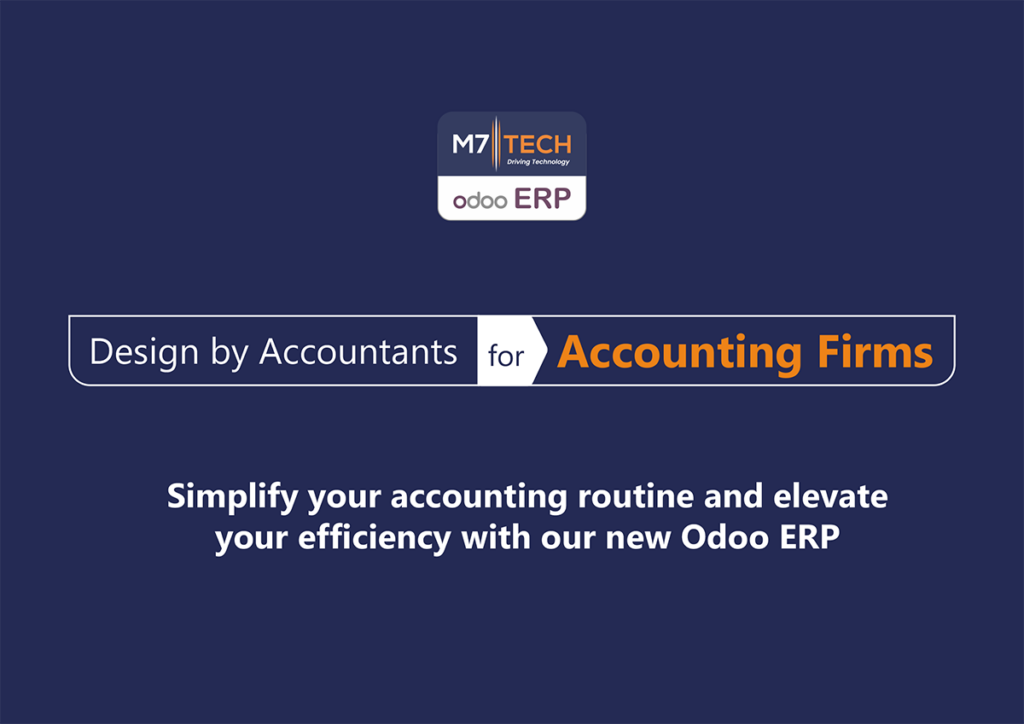A fractional CFO is a financial expert with years of experience who provides the job functions of a Chief Financial Officer but on a part-time basis. They often work with multiple clients on a subscription or project-basis rather than working for one company.
What is the difference between a fractional CFO and the services a traditional bookkeeper or accounting firm can provide?
Why would a business want to hire a fractional CFO? The answer is pretty simple. Many small and mid-size businesses are not ready to hire an in-house Chief Financial Officer on their team. Maybe the business doesn’t have the funds available to make a full-time hire, or maybe they just don’t have enough work to warrant a full-time employee joining the team. Either way, a fractional CFO (also referred to as a virtual CFO, outsourced CFO, or a part-time CFO) is a finance professional who provides businesses with outsourced financial services designed to help them reach business goals and improve profitability.
Fractional CFO vs. Traditional Bookkeeper or Accounting Firm
What is the difference between a fractional CFO and the services a traditional bookkeeper or accounting firm can provide? This is a question we at M7 Group provide advisory services. What is the difference between a fractional CFO and the services a traditional bookkeeper or accounting firm can provide? This is a question we at M7 Group get quite often. The answer is an advisory relationship. Fractional CFOs don’t just help you file your taxes and prepare basic financial statements. A fractional CFO helps you with data-driven decision-making, based on forward-looking financial reporting.

Fractional CFO vs. Virtual CFO vs. Interim CFO
If the term fractional CFO and virtual CFO are often used interchangeably, is there a difference between the two? Sometimes, fractional CFO is used to refer to part-time CFOs that visit their clients physically in-person. These financial professionals may visit clients in their office buildings or even work part-time in the office.
Virtual CFOs, on the other hand, deliver services in an entirely remote environment. They will log into Zoom, Teams, or other video conferencing software to meet with clients. This remote work environment allows for flexibility for both clients and virtual CFOs because services can be delivered anywhere internet access is available.
However, it is important to note that remote, part-time CFOs are often referred to as fractional CFOs, as well. Make sure you verify the mode of interaction a financial professional uses when considering hiring them for your financial needs. That way, if you have a preference for in-person or virtual services, you are aware of a candidate’s business model before hiring or signing contracts.
I’d also like to note that both fractional CFOs and virtual CFOs are very different from interim CFOs. While fractional CFOs, as well as virtual CFOs, offer ongoing services, an interim CFO only works for a business for a short time. An interim CFO is exactly as it sounds, a CFO that replaces a former CFO while a business looks for a permanent hire.
What Does a Fractional CFO Do?
We previously mentioned that a fractional CFO provides accounting services and is a trusted financial advisor. Your virtual CFO will provide you with their expertise and viewpoint of your financials so you can make calculated decisions to get you closer to your business goals.
How a fractional CFO does this is through a mix of financial strategies and strategic planning. They will provide “basic” accounting services that a bookkeeper or a traditional CPA firm provides like:
· month-end close
· financial statements
· scheduled financial meetings
· revenue recognition
· management of banking relationships
These services are designed to make sure you are in “good financial standing”.
However, there are many unique fractional CFO services that a traditional bookkeeper wouldn’t provide. Fractional CFOs will use the previously listed services to gather information used to develop long-term financial forecasts, short-term forecasts, cash flow management, scenario plans, and company-wide KPIs.
These last services will help you understand where your company is currently sitting financially, and how your company can make changes to achieve certain business goals. For example, your CFO can use a forecast to show you how certain business decisions will impact your future numbers. From there, you could see if you would have the money to make a new hire or if you may have to scale back a certain product line that isn’t doing well. One of the major benefits of a fractional CFO is that they help entrepreneurs understand the financial and non-financial metrics that drive their business, in other words, the things an owner can control, like whether to grow their team, use freelancers, or change their pricing.
A fractional CFO can also provide other services like:
· incentive plans (phantom stock, esops and variable pay)
· performance by project
· team member performance evaluations
· department performance evaluations
· customized department reports.




